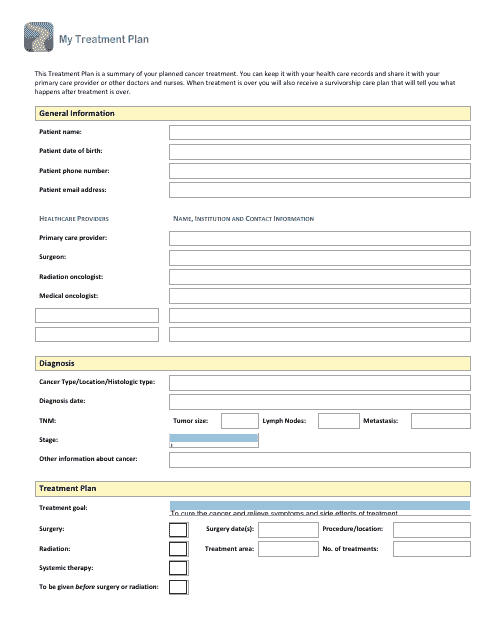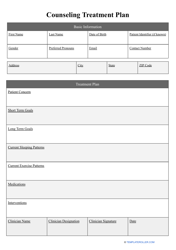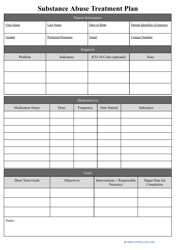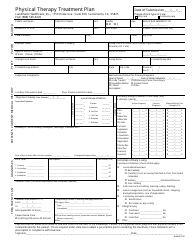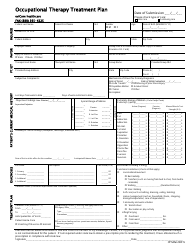Cancer Treatment Plan
A Cancer Treatment Plan is developed to guide the medical team in treating a person diagnosed with cancer. It outlines the type of cancer, its stage, and the recommended treatment options. The main goal is to provide the best possible care and increase the chances of successful treatment and recovery.
The cancer treatment plan is typically filed by the healthcare provider or the hospital where the treatment is being administered.
FAQ
Q: What is a cancer treatment plan?
A: A cancer treatment plan is a personalized strategy for treating cancer based on a patient's specific diagnosis and needs.
Q: Who creates a cancer treatment plan?
A: A cancer treatment plan is typically created by a team of medical professionals, including oncologists, surgeons, radiologists, and other specialists.
Q: What are the different types of cancer treatment?
A: Common types of cancer treatment include surgery, radiation therapy, chemotherapy, immunotherapy, targeted therapy, and hormone therapy.
Q: How is a cancer treatment plan determined?
A: A cancer treatment plan is determined based on various factors, such as the type and stage of cancer, the patient's overall health, and their preferences.
Q: What are the goals of a cancer treatment plan?
A: The goals of a cancer treatment plan may include curing the cancer, slowing its growth, relieving symptoms, or improving the patient's quality of life.
Q: Can a cancer treatment plan change over time?
A: Yes, a cancer treatment plan can change over time based on how the cancer responds to treatment and any new developments in medical research.
Q: What are the possible side effects of cancer treatment?
A: Common side effects of cancer treatment may include fatigue, nausea, hair loss, appetite changes, pain, and changes in mood.
Q: Are there alternative treatments for cancer?
A: While some alternative treatments may be used alongside conventional cancer treatment, it is important to consult with medical professionals before pursuing them.
Q: How can I best support someone with a cancer treatment plan?
A: Offering emotional support, helping with daily tasks, and staying informed about their treatment and progress can be helpful in supporting someone with a cancer treatment plan.
